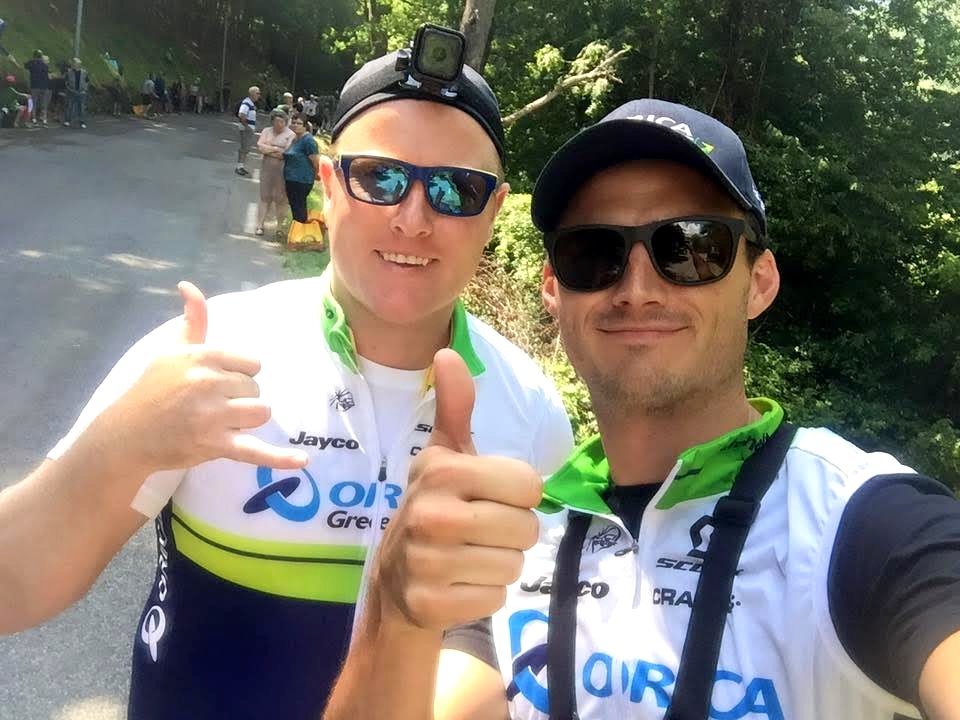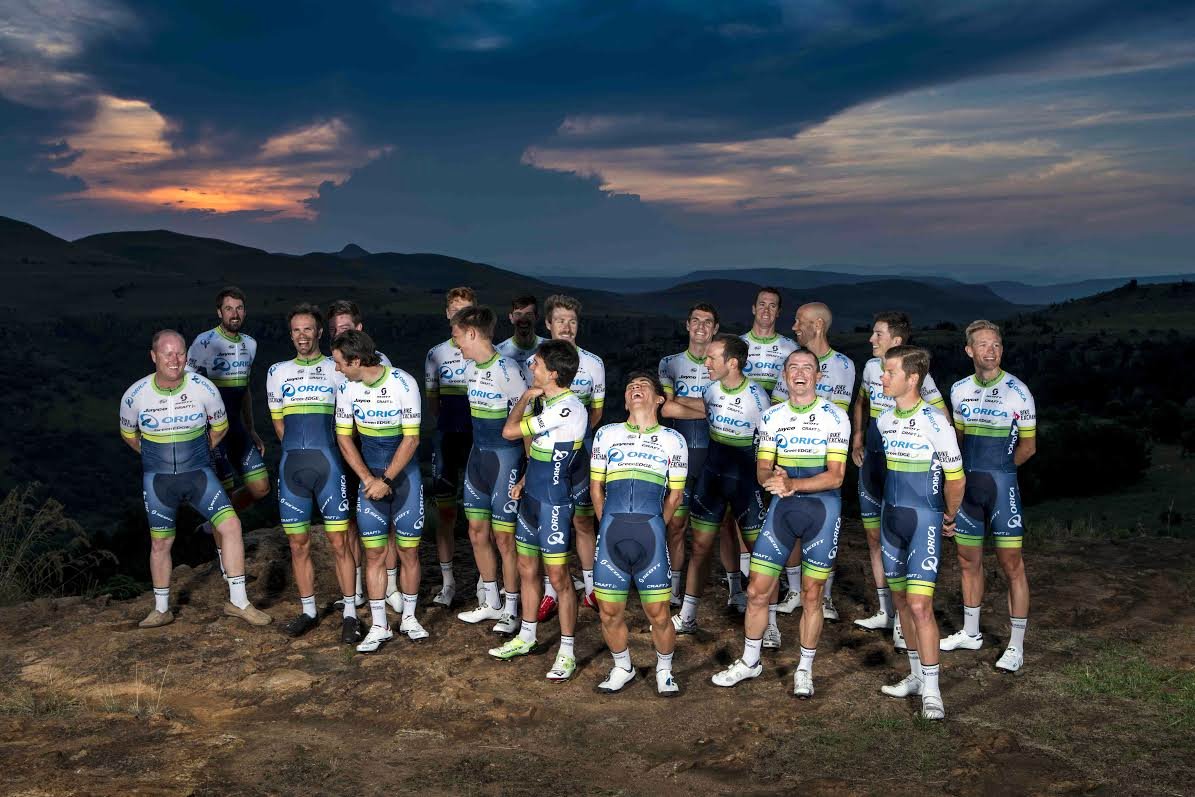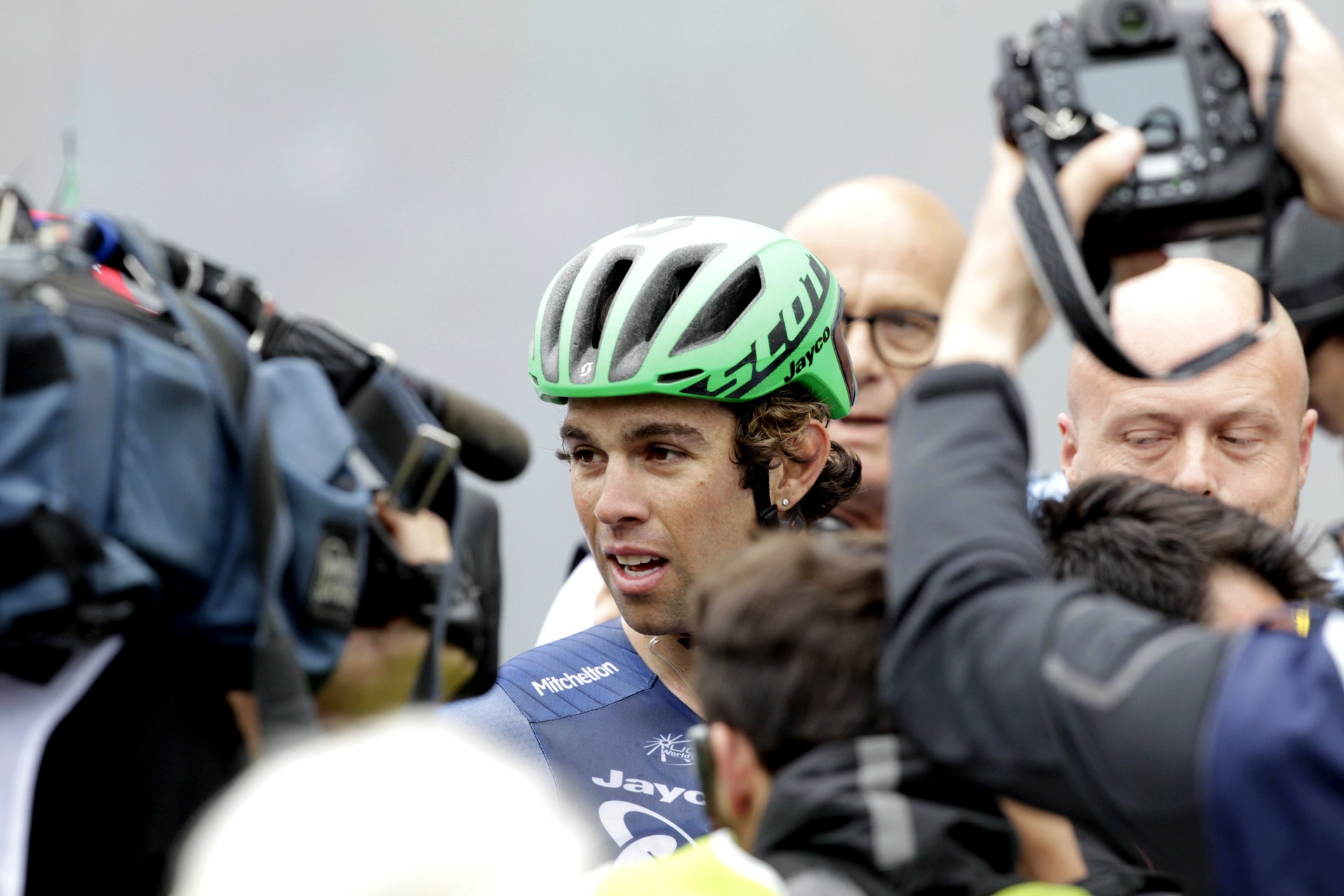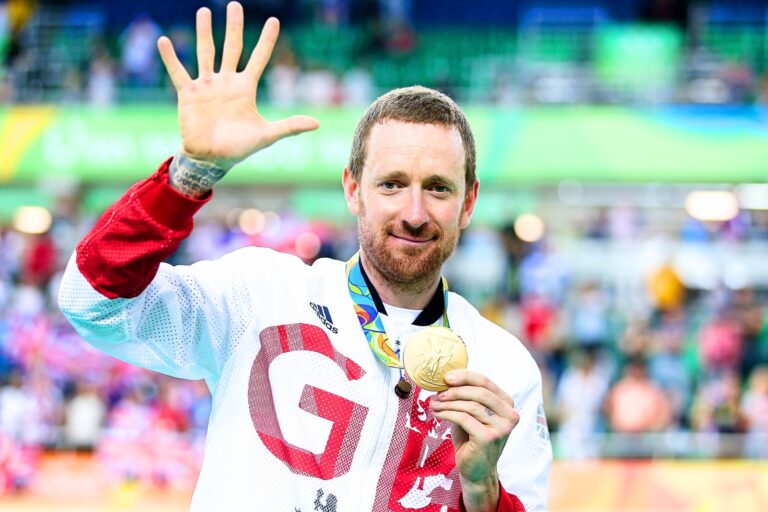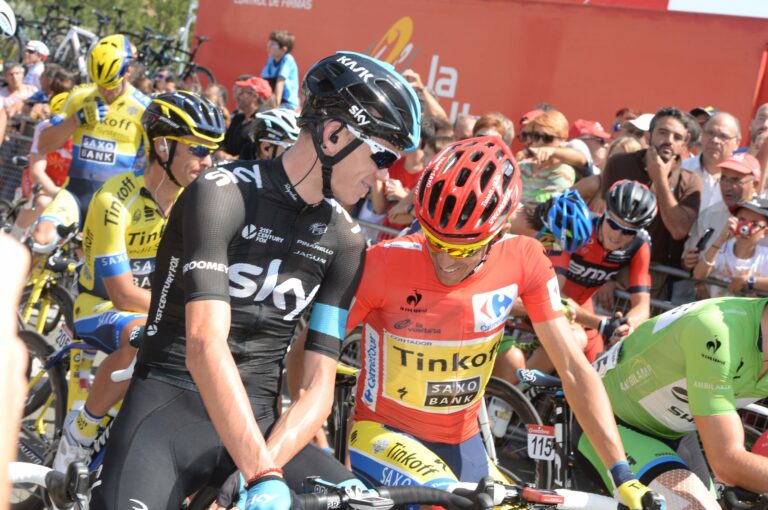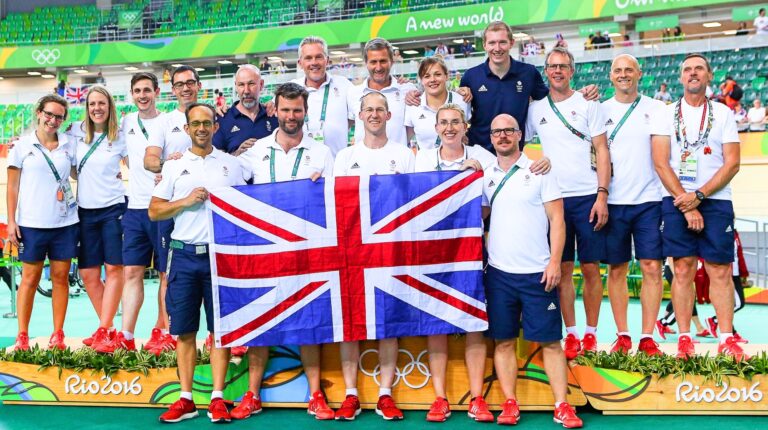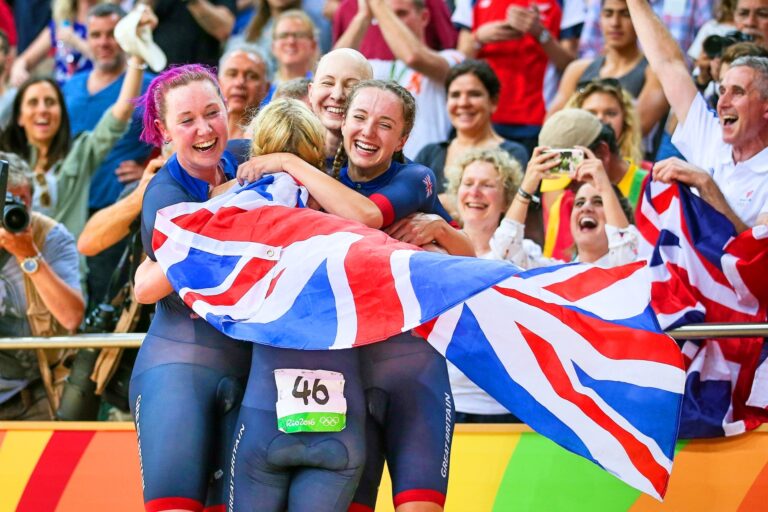In a very busy and rather claustrophobic Holiday Inn in Bern, I have agreed to meet Dan Jones: the man behind the show that goes behind the scenes. The man behind Orica-BikeExchange’s Backstage Pass.
Jones greets me warmly. He has spent the morning filming in the swimming complex and water slides that adjoin the hotel for a Backstage Pass episode broadcast on the second rest day of the Tour de France and we quickly get onto why the YouTube show has become such a hit with cycling fans.
“Yeah that’s an easy one,” he says. “People are just sick of hearing those stories [about doping in cycling]. People are sick of hearing something that at the end of it you feel like shit. And I think that is one reason why our stuff has been so successful, ‘cos people feel good about cycling.”
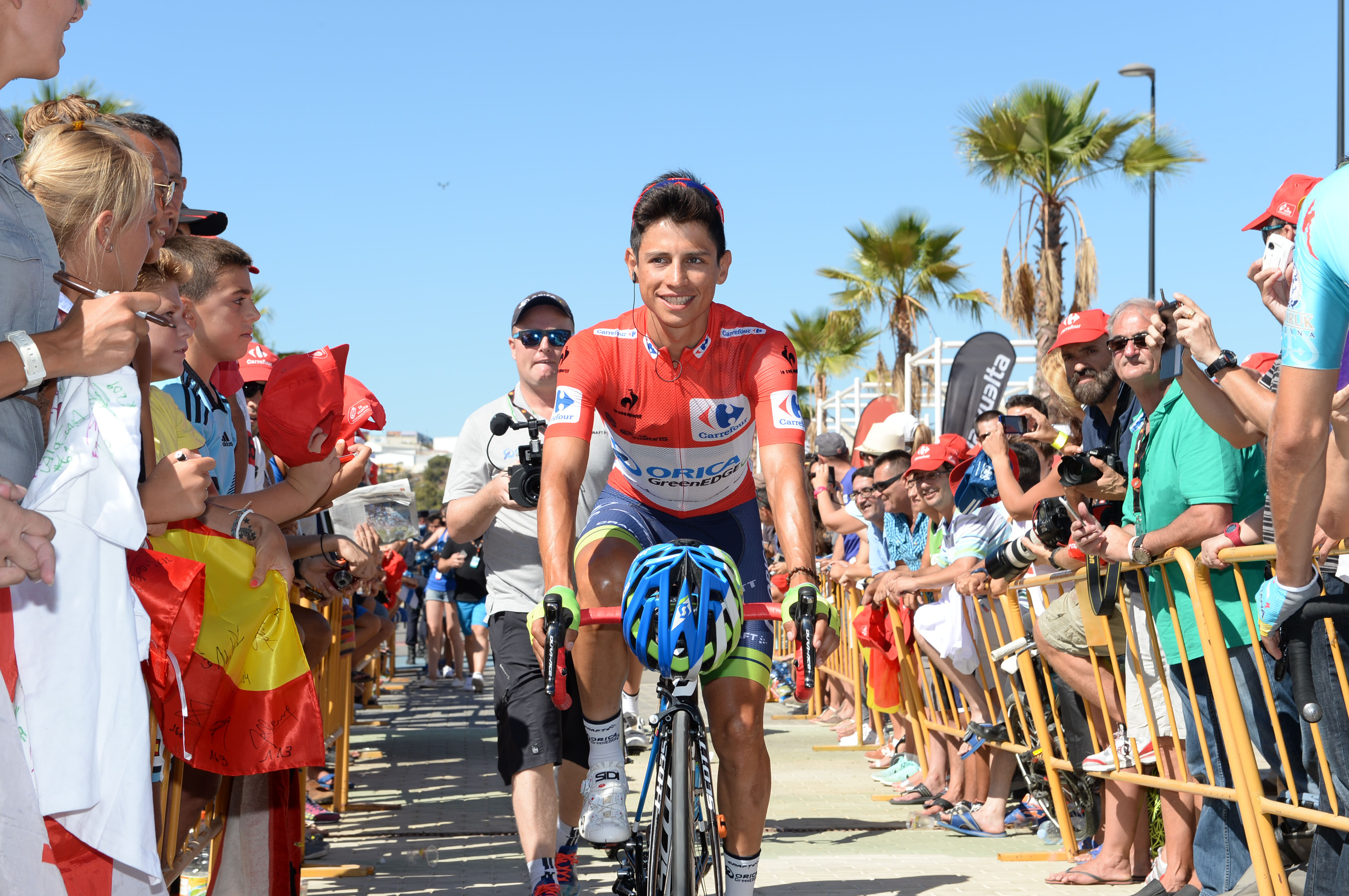
The Backstage Pass is a daily insight into the Orica team when racing. It provides a unique opportunity to see what happens before and after racing with ad-hoc interviews with the riders, team directors, soigneurs and fans; it then overlays race coverage with carefully selected music from Jones’ own collection.
Unpinning the seven to ten minute episodes is a quintessentially Australian brand of self-deprecating humour – one you might not imagine professional athletes to participate in, but it immediately breaks down the polished media-trained image so often presented when a camera is pointed in front of a pro cyclist.

